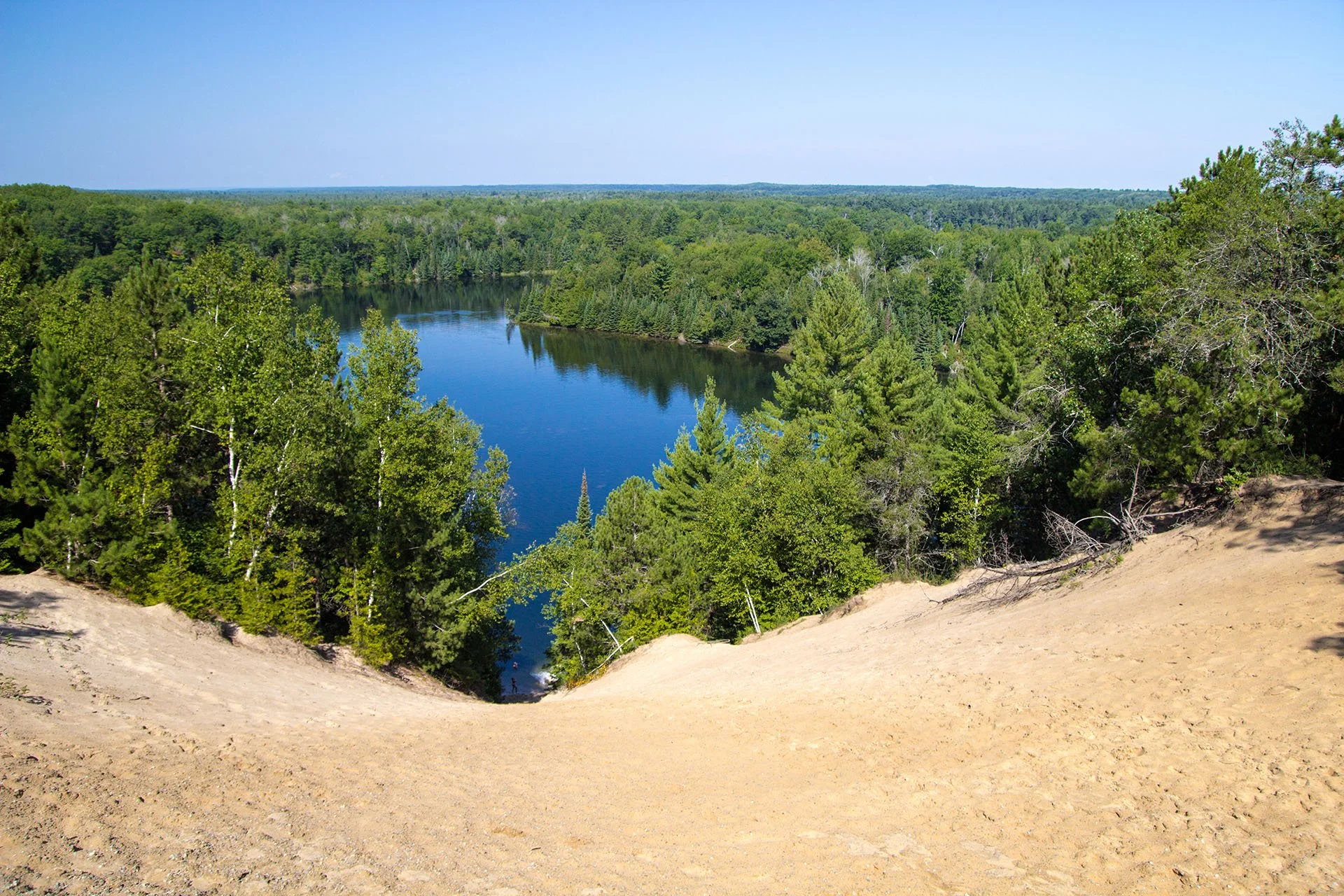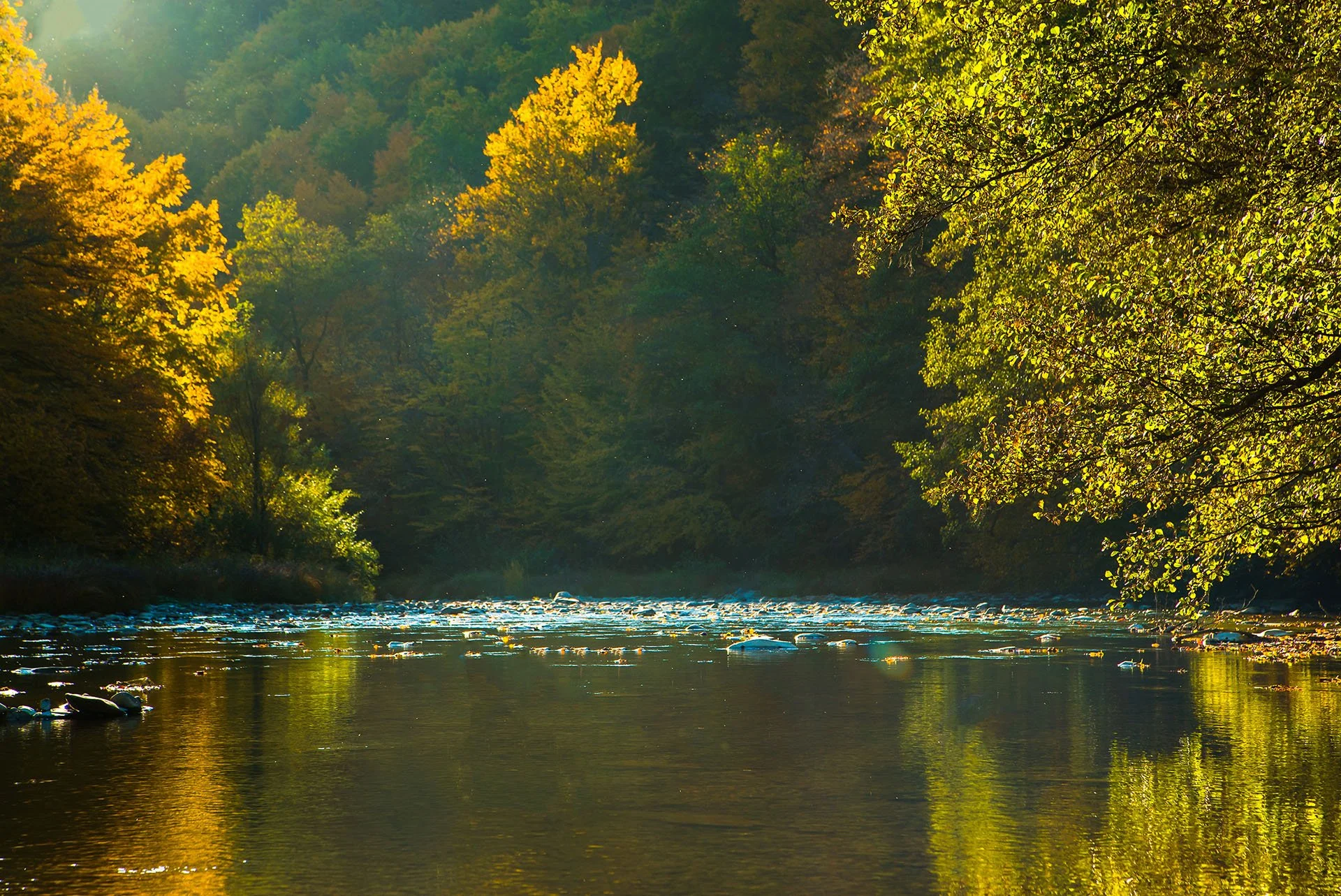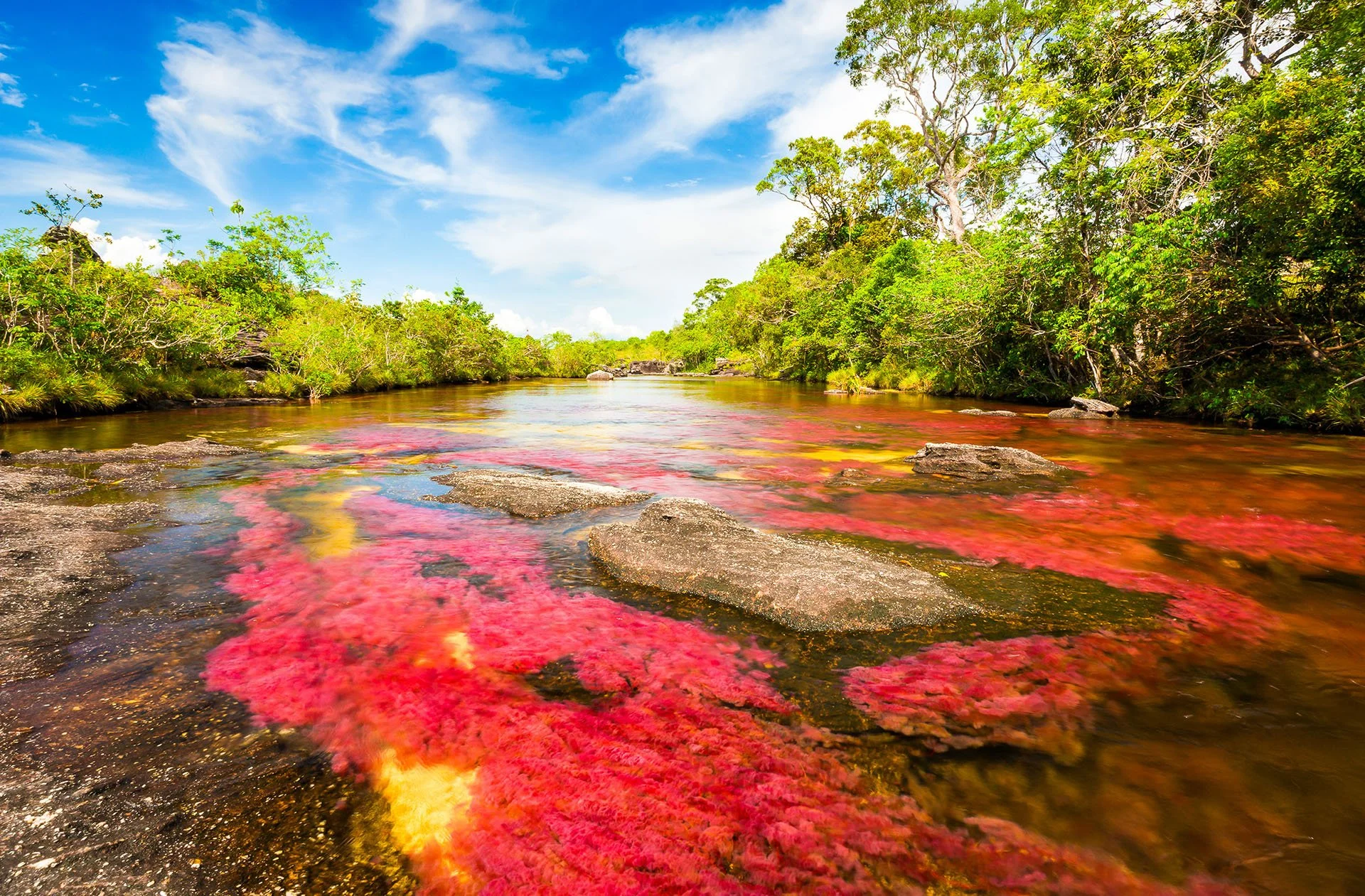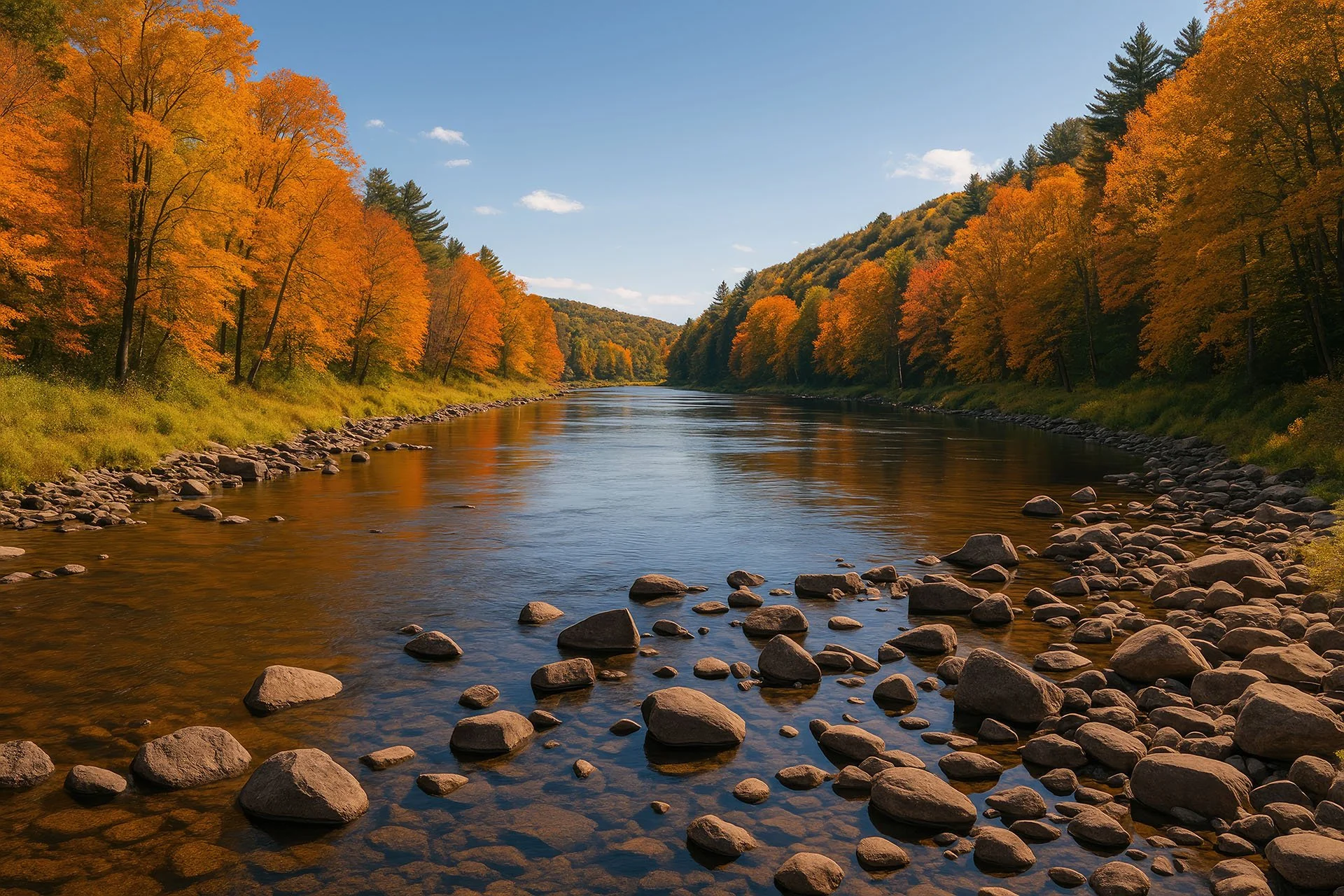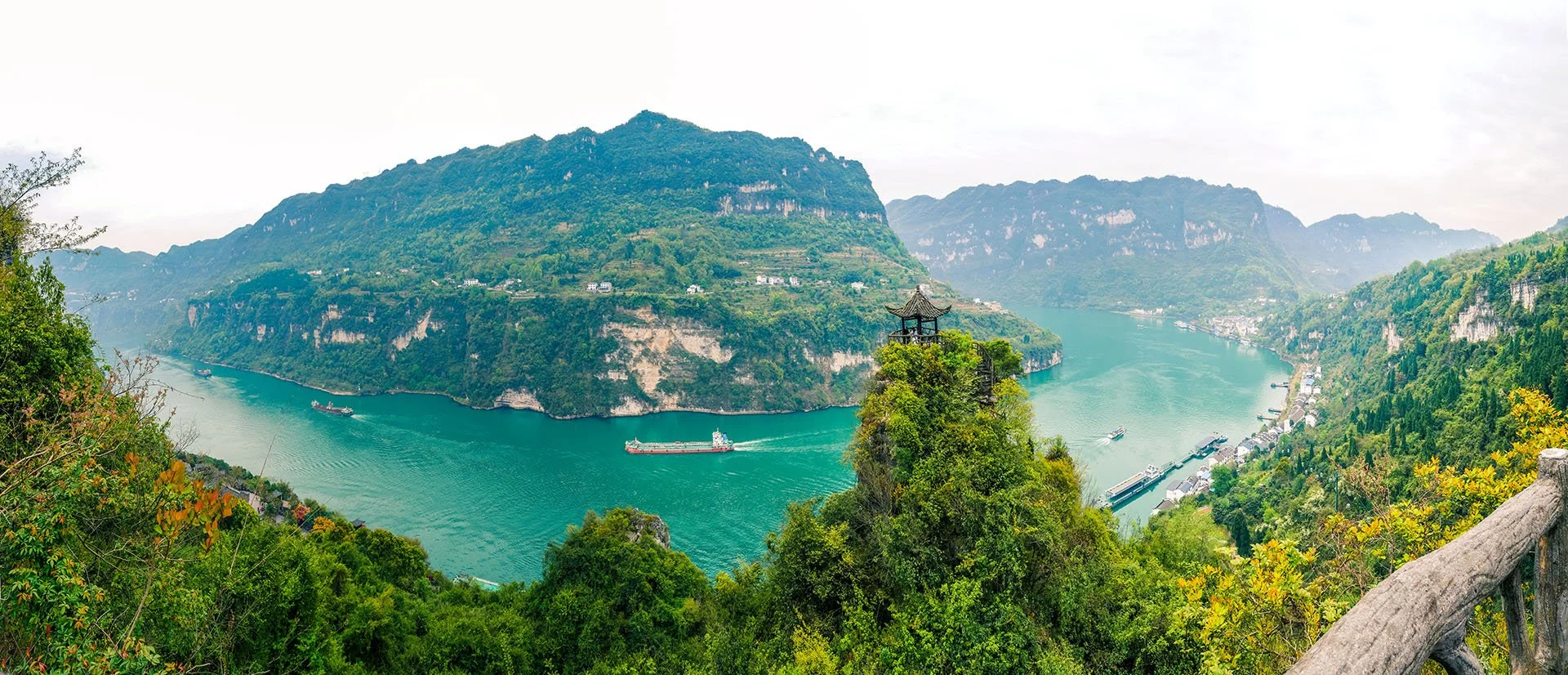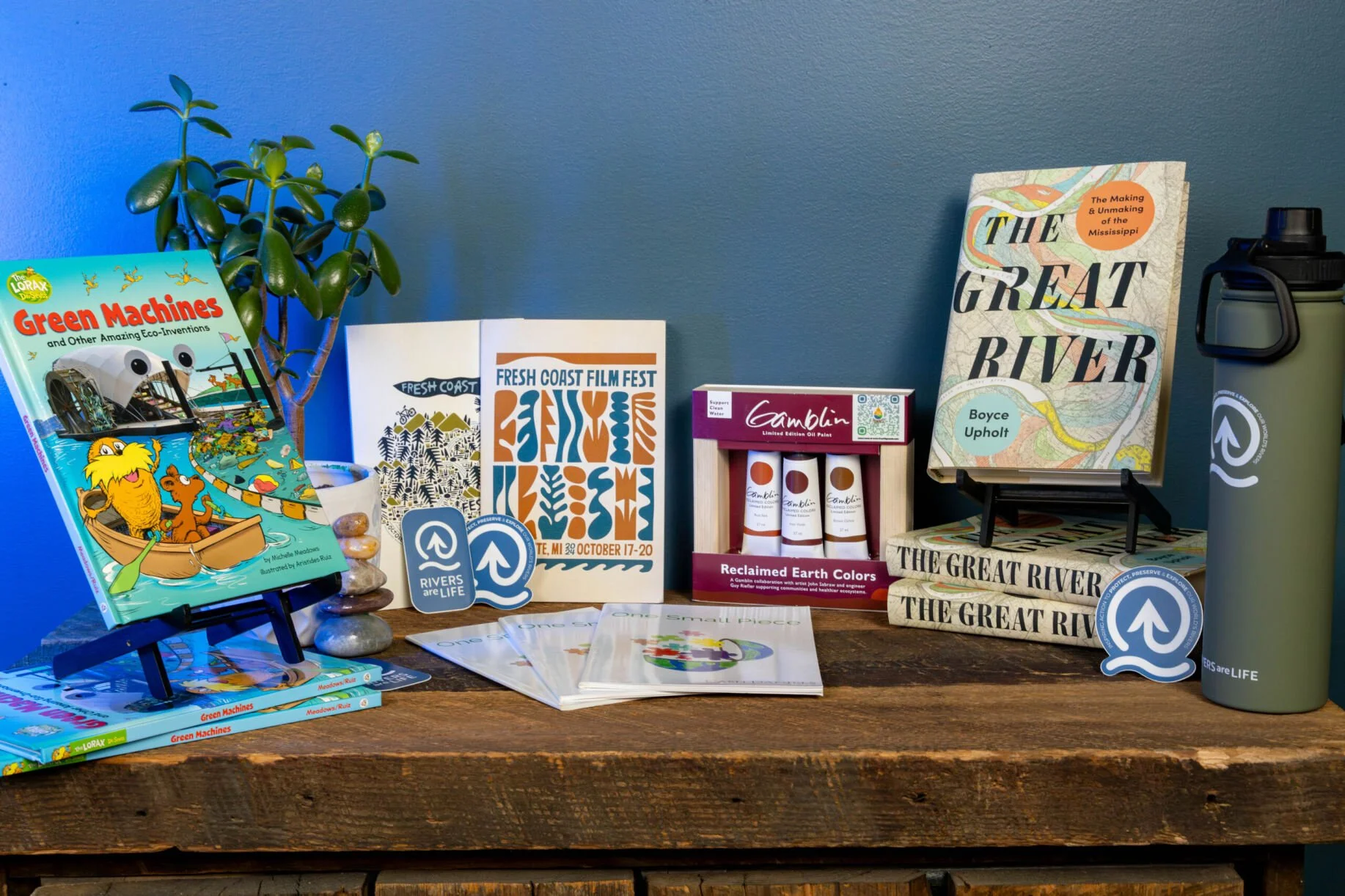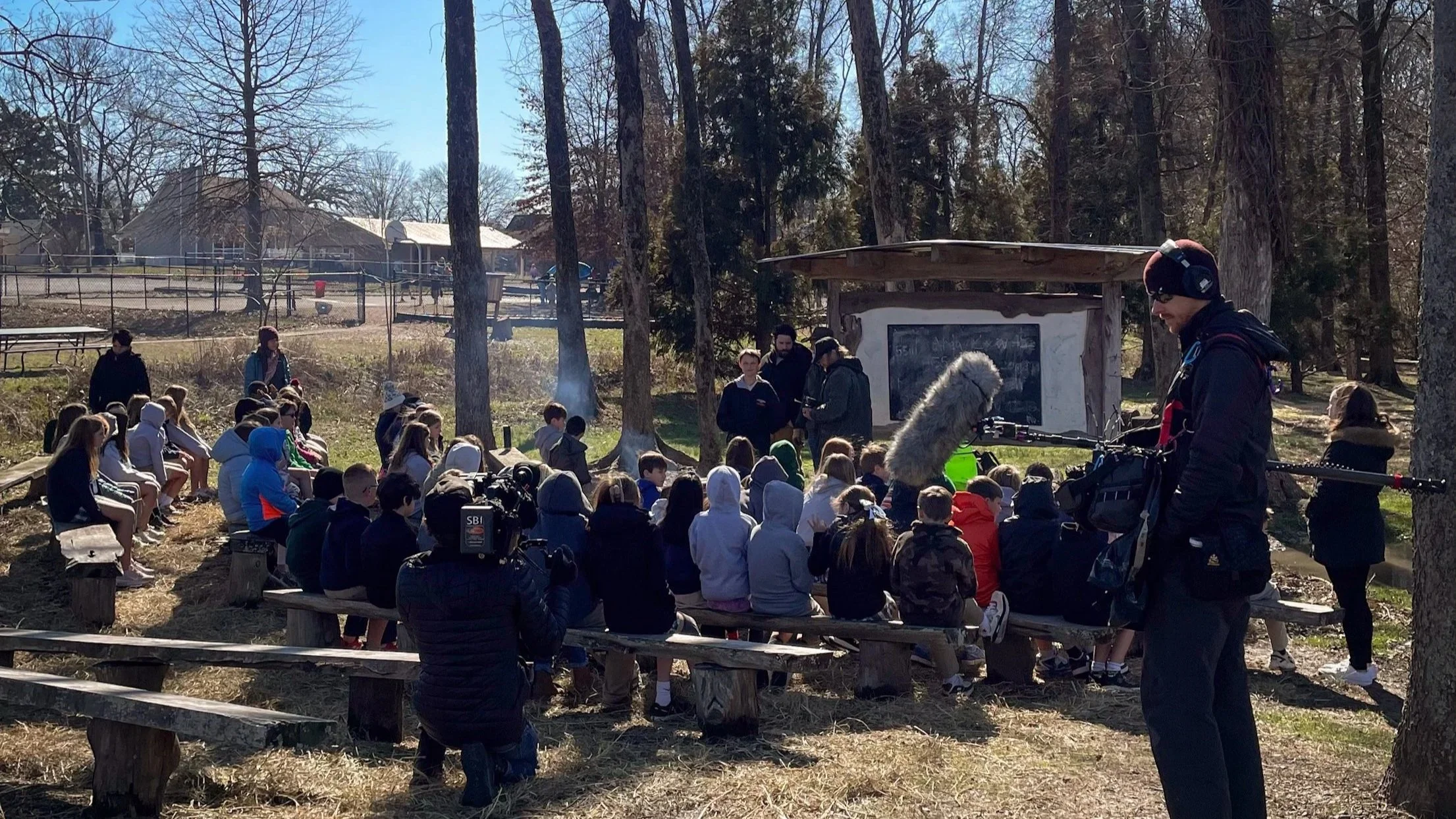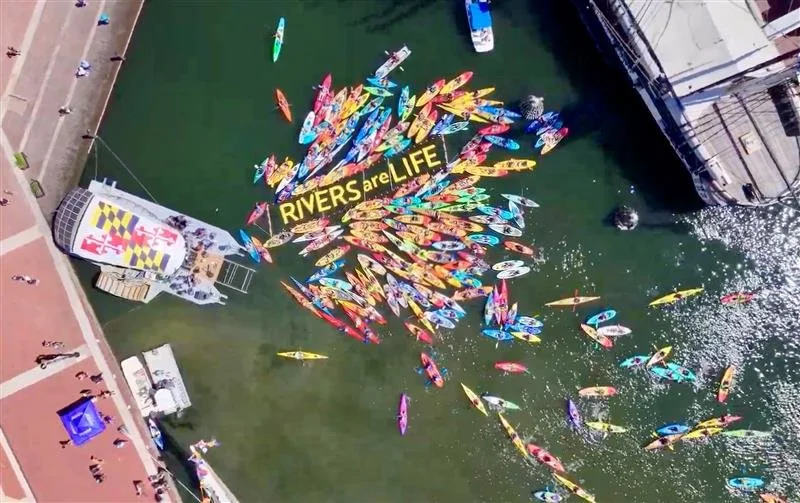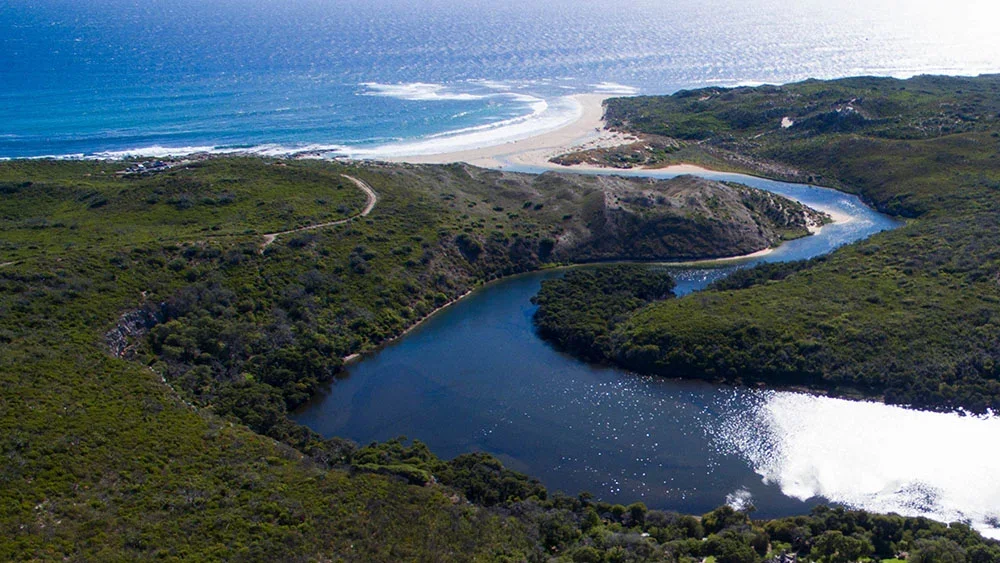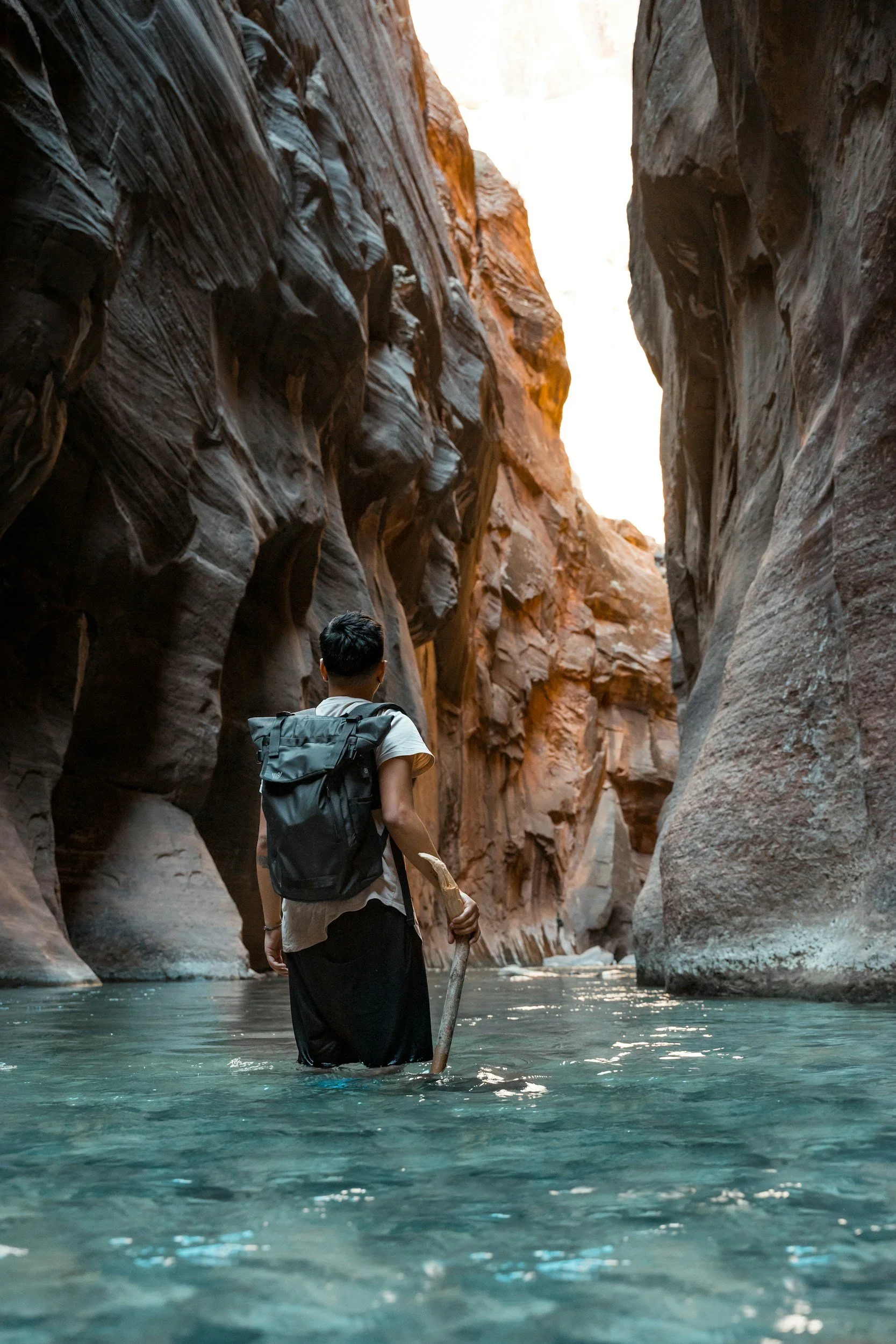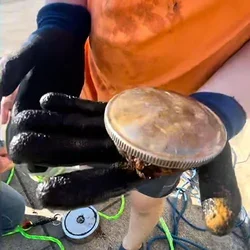
BLOGS
Top 5 Rivers to Kayak in the U.S. & The Importance of River Conservation
Rivers are vital ecosystems that provide clean water, support wildlife, and offer recreational opportunities. However, they are increasingly threatened by pollution, habitat destruction, and climate change. River conservation is crucial, but it requires more than scientific research and policy changes—it also needs education. Education helps communities understand the importance of rivers, the threats they face, and how individuals can make a difference. River education fosters environmental stewardship and empowers people to protect and restore the rivers they rely on.
Lessons From the Field: One Student's Experience in Honduras with Global Water Brigades
“How much water is there on the surface of Earth?”
The question hangs in the air, unanswered for several seconds until our translator restates it in English.
There are eleven of us, seated in the compound’s dining room. We’ve gathered to reflect on what we’ve learned while volunteering in a rural Honduras community. Our goal is to create an action plan to address issues identified by the community, and to refine a water distribution plan created for the village by a team of engineering students. To help, we have several Hondurans on our team, including the local engineer who posed the above question, and the translator.
The Importance of Education for River Conservation
Rivers are vital ecosystems that provide clean water, support wildlife, and offer recreational opportunities. However, they are increasingly threatened by pollution, habitat destruction, and climate change. River conservation is crucial, but it requires more than scientific research and policy changes—it also needs education. Education helps communities understand the importance of rivers, the threats they face, and how individuals can make a difference. River education fosters environmental stewardship and empowers people to protect and restore the rivers they rely on.
Essential Reading: Must-Read Books About Rivers for Every Age Group
Rivers are more than just flowing bodies of water; they are the lifeblood of our ecosystems, communities, and cultures. Whether you're exploring the magical adventures of a river in a picture book or delving into the environmental impact of waterways in non-fiction, there’s something special about reading stories centered around rivers. From captivating tales for toddlers to thought-provoking reads for adults, these books invite readers of all ages to dive in and connect with our world's rivers.
Innovative Approaches in River Education: Engaging the Next Generation of Environmental Stewards
Rivers are the lifeblood of our ecosystems, and educating the next generation about their importance is crucial for sustainable stewardship.
River literacy is the understanding of the critical role rivers play in our environment, society, and economy. As natural watercourses that support diverse ecosystems, rivers provide habitats for wildlife, contribute to the water cycle, and offer resources for human activities, such as agriculture and recreation.
Innovations in River Conservation Education: A Closer Look
Explore 5 of the latest advancements in river conservation education and how they are shaping the future of environmental awareness and sustainability.
Urban Rivers: Rediscovering Hidden Gems in Cityscapes
For centuries, rivers have been the lifeblood of cities, shaping their histories, economies, and cultures. But in the hustle and bustle of modern urban life, it's easy to overlook these waterways, relegating them to mere backdrops for highways or industrial zones. Yet, beneath the surface, urban rivers hold immense potential—not only as ecosystems that support life but as spaces where city dwellers can reconnect with nature and rediscover a sense of community.
River Revelries, Celebrating Urban Waterways through Community Festivals
Urban waterways play a crucial role in the health and vitality of modern cities. They provide essential resources, such as clean water, and serve as natural habitats for diverse wildlife. Additionally, rivers in urban settings offer recreational opportunities for residents, enhance the aesthetic appeal of cityscapes, and contribute to the overall well-being of communities.
Dow & Rivers are Life: A Foundational Partnership
From the beginning, Dow has been aligned with our goals at Rivers are Life, sharing our vision for a sustainable future. Our partnership exemplifies a mutual commitment to driving positive change in the face of pressing environmental challenges. Together, we showcase how collaborative efforts can lead to significant advancements in river sustainability and innovation.
Rivers are Life Staff Picks: Rivers We Want to Visit
Exploring the world's diverse rivers offers a window into unique ecosystems and cultures. Our Rivers are Life staff have handpicked some incredible waterways, each offering its own set of attractions and stories. Here is a glimpse into the rivers that have captured our imaginations and why they are at the top of our must-visit list.
Discover the Hidden Gems of Fall River Hikes in the United States
Nature has a way of capturing our hearts, especially during the vibrant and colorful season of fall. For outdoor enthusiasts, nature lovers, and adventure seekers, there's nothing quite like embarking on a breathtaking hike along the river trails in the United States. These hikes offer stunning views, a range of difficulty levels, and a chance to experience the beauty of nature up close. In this article, we will explore three fall river hikes in the United States, providing you with detailed insights, practical tips, and amazing highlights of each trail. Whether you're a seasoned hiker or a beginner looking for adventure, these hikes are sure to leave you inspired and amazed.
Rivers of Knowledge Flow Through a Lasting Educational Partnership
In an era where environmental challenges are at the forefront of global concerns, innovative partnerships stand as beacons of hope and progress. One such inspiring collaboration is the Rivers are Life partnership with Louisiana State University (LSU). This unique alliance is dedicated to nurturing the next wave of river conservationists, ensuring that our precious waterways continue to thrive for generations to come. This partnership focuses on education, research, and proactive restoration efforts, making it an exemplary model of how academia and environmental advocacy can work hand in hand.
Ancient Guardians of Our Rivers: Sturgeon
Imagine a world where the rivers flow silently, their secrets hidden beneath the rippling surface. Among these secrets are the mighty sturgeons, ancient fish that have lived in our waters since the age of dinosaurs. Today, these extraordinary creatures face numerous challenges, calling for the collective action of environmentalists, anglers, marine biologists, and conservationists. In this blog post, we will explore what makes sturgeon unique, why the Chippewa Nature Center has developed a sturgeon program, and how Rivers are Life is playing a role in supporting these efforts. By learning about the critical importance of sturgeons, we can better appreciate their role in maintaining healthy aquatic ecosystems and join the fight for their conservation.
Magnet Fishing: A Fun and Adventurous Way to Clean Rivers
Magnet fishing is rapidly gaining popularity as a unique and adventurous hobby that combines environmental efforts with the thrill of treasure hunting. Participants use powerful, neodymium magnets, attached to sturdy ropes, to search rivers and waterways for metallic objects of all kinds. This activity, which can be as accessible as any local riverbank or waterfront, offers both excitement and the gratification of cleaning our natural water bodies.

